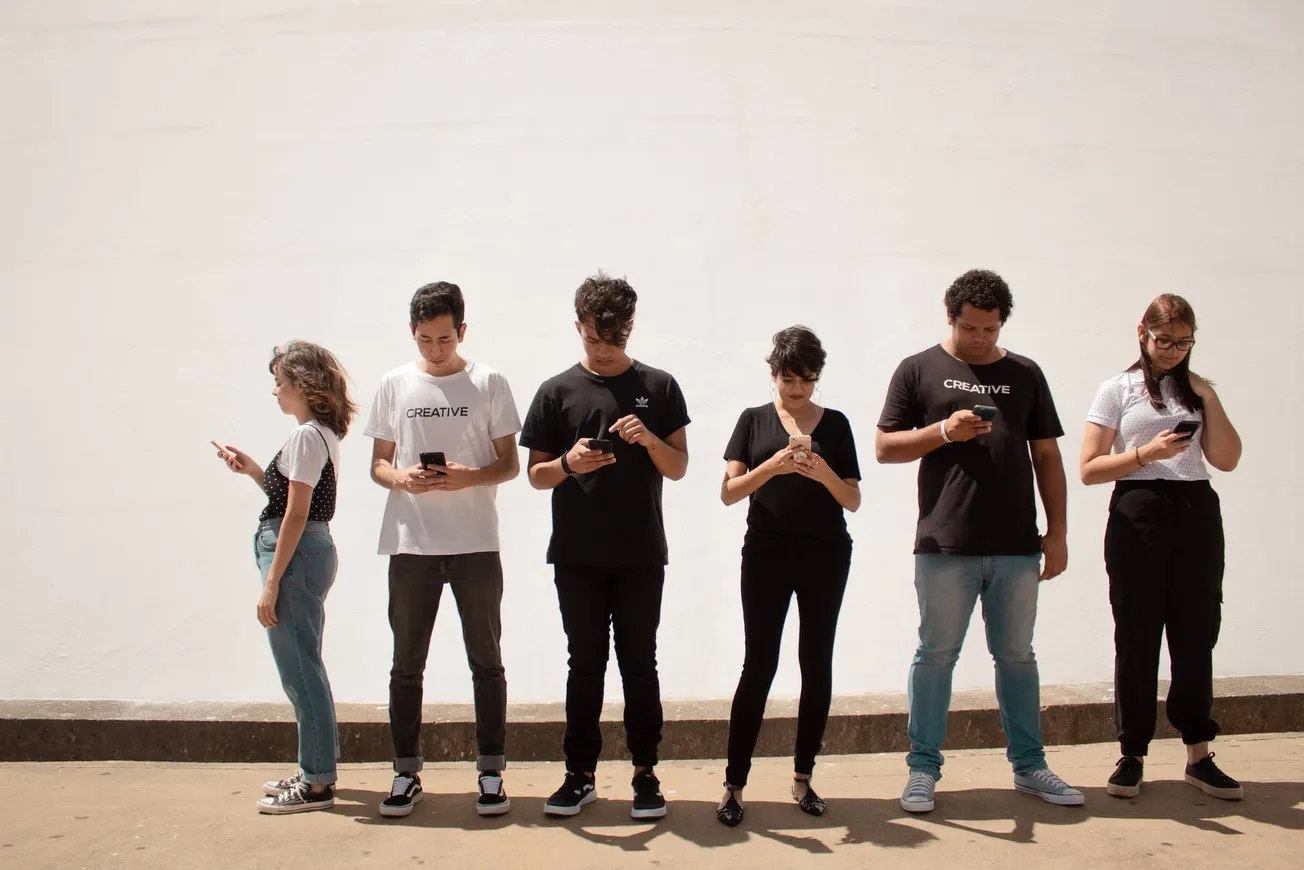Table of Contents
As I’ve reported before, Meta (owner of Facebook and Instagram), for instance, has conducted its own research that found just how damaging its products are to mental health, especially in children and teen girls. Yet, those are the very groups Meta continues to target in its marketing strategies.
But, just as tobacco is harmful to children and adults, there’s strong evidence that social media has marked downsides. Especially on learning, social interaction and sleep duration.
New Saudi research has attempted to identify just how much. A survey of 300 young female students at Prince Sattam bin Abdulaziz University showed that 97 per cent of them used social media. A finding which should surprise no one. What should also surprise no one is that almost all of them used it to waste time – and most were addicted to doing it.
Only one per cent of them used social media for academic purposes. Whereas 35 per cent of them used these platforms to chat with others, 43 per cent of them browsed these sites to pass time. Moreover, 57 per cent of them were addicted to social media.
While social media can be used to support learning, in practice it rarely does.
66 per cent of them felt more drawn toward social media than toward academic activities, and 74 per cent of them spent their free time on social media platforms […]
A majority of the participants reported prolonged use of social networking sites for nonacademic purposes […]
Since students tend to spend more time on social media other than educational purposes; this tends to cause distraction from the learning environment, affecting their academic progress (Bekalu et al, 2019, Hettiarachchi, 2014).
But the ill effects of heavy social-media use go far beyond academic life. It also has dire effects on their sleeping patterns and social life.
46 per cent and 39 per cent of them reported going to bed between 11 pm and 12 am and between one am and two am, respectively. Finally, 68 per cent of them attributed their delayed bedtime to social media use, and 59 per cent of them reported that social media had affected their social interactions.
Put simply, people using social media heavily just aren’t getting enough sleep. That has a host of knock-on effects.
According to the American Academy of Sleep Medicine, a minimum of seven to nine hours of sleep (on a regular basis) is recommended. Sound sleep is associated with improved attention, behavior, learning, memory, emotional regulation, quality of life, and mental and physical health (Bey and Hamilton, 2003, Paruthi et al, 2016). Sleeping for fewer hours than the recommended duration on a regular basis is associated with attention, behavior, and learning problems.
The effects on social life are also notable.
59 per cent (n = 176, Fig 4) of the students reported that excessive social media use had exerted a negative effect on their relationships with their family members and friends and rendered face-to-face communication more challenging. Specifically, 74 per cent (n = 222, Table 2) of them reported that they spent their free time on social media […]
Relying solely on social media (ie without physical proximity) to build and maintain relationships can lead to loneliness, alienation, and depression (Owusu-Acheaw and Larson, 2015). Smartphones create a psychological distance between individuals by decreasing face-to-face interactions between family members and friends; and this can negatively affect the quality of time spent on these relationships. This can have a significant effect on social well-being and satisfaction among friends (Abbas et al, 2019). These changes have important behavioral and social implications. Face-to-face interpersonal communication is an important determinant of well being.
No wonder, then, that:
Studies have shown that social media use is associated with mental disorders, including depression and anxiety (Hu et al, 2001). Although social media helps individuals connect with others and develop new relationships; however, such relationships tend to be more formal and transient. Social media users tend to not share close and trusting relationships with their online friends.
So, what habits should we foster, instead?
Individuals should spend their free time with their friends and families in person rather than through social media. This may have a more positive impact on mood, enhance psychological satisfaction, and prevent loneliness and depression.
Science Direct
Put down the phone, unglue your eyes from the screen and talk to other people.
Yes, the irony of writing that so that you can read it on a screen is not lost on me.
Anyway, off to check Facey…









